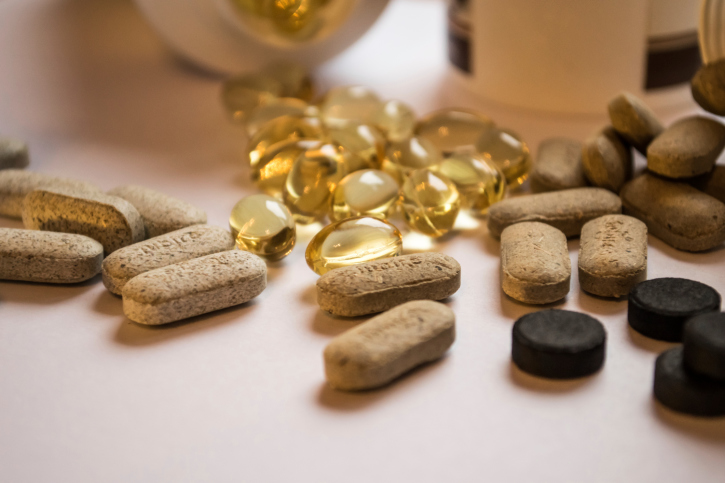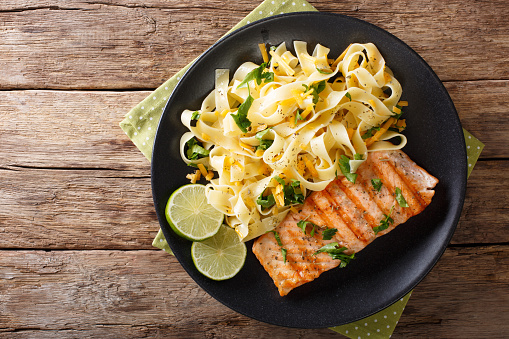The 4 supplements cyclists should be taking this winter
As we move into cold and flu season, here's how you can help keep yourself healthy

As the colder months approach, cyclists are thinking about how to keep themselves and their families healthy this winter. While supplementation to stave off deficiency is already a hot topic among those who ride, this winter in particular, cyclists will be interested to know the areas where they can help protect themselves.
Jen Sygo is a registered dietitian who specializes in sports nutrition. Sygo says there are several key vitamins she has been recommending for cyclists to supplement with this fall and winter. Those are vitamin D, Omega-3s, vitamin C and zinc.
Vitamin D
Sygo says everyone should be taking vitamin D, especially Canadian cyclists, who tend to run low (this is the sunshine vitamin after all). “There’s this intriguing body of evidence that suggests vitamin D status might contribute to the risk of getting COVID and the severity of COVID. We do not know for sure that taking vitamin D lessens risk, as there’s a chance that people with more vitamin D have healthier habits to begin with, but it’s one that I would say everyone should take. It’s at the top of my list.”
A recent study found that over 80 per cent of COVID-19 patients at a Spanish hospital had low vitamin D. While Sygo says taking vitamin D doesn’t make you immune, it can’t hurt.
Omega 3s
Omega 3s are an essential fat found in fish and plants (especially walnuts, flaxseed and hemp seeds). These are considered an anti-inflammatory. Sygo explains that for a lot of people, getting enough of these is challenging but important. “There’s a suggestion that omegas can influence mental health and brain function. Knowing that we’re going into a winter where we may be facing isolation, brain function is extremely important right now. Omegas come from fatty fish like salmon, anchovies and trout, and if you’re vegan, flaxseed oil is great, too.” She explains that cyclists should aim to get 500 mg of EPA or DHA combined, per day.
Vitamin C
Sygo says vitamin C should be taken when appropriate. “A lot of people believe that taking vitamin C will fight colds, but sometimes it can inhibit training adaptations in cyclists. Antioxidants, when taken in supplement form, can impair the body’s ability to repair itself. We don’t recommend taking vitamin C on an ongoing basis if you’re training hard, but you should take it if you feel a cold coming on. Keep it in your cupboard, don’t take it every day, but if you’re feeling a bit under the weather, take it then.”
Zinc
Sygo feels the same way about zinc as she does vitamin C. “If your zinc levels are good, then taking zinc won’t necessarily do anything for you. However, if you take zinc in the early stages of illness, it can certainly help.” Zinc is found in foods like legumes, nuts, seeds and whole grains.
While none of these supplements will lead to immunity or are a cure-all, when taken together they can help cyclists stay healthy and injury-free. As always, the key is to start with a well-rounded diet, but adding some vitamins is also a good idea.
A version of this article originally appeared in Canadian Running


